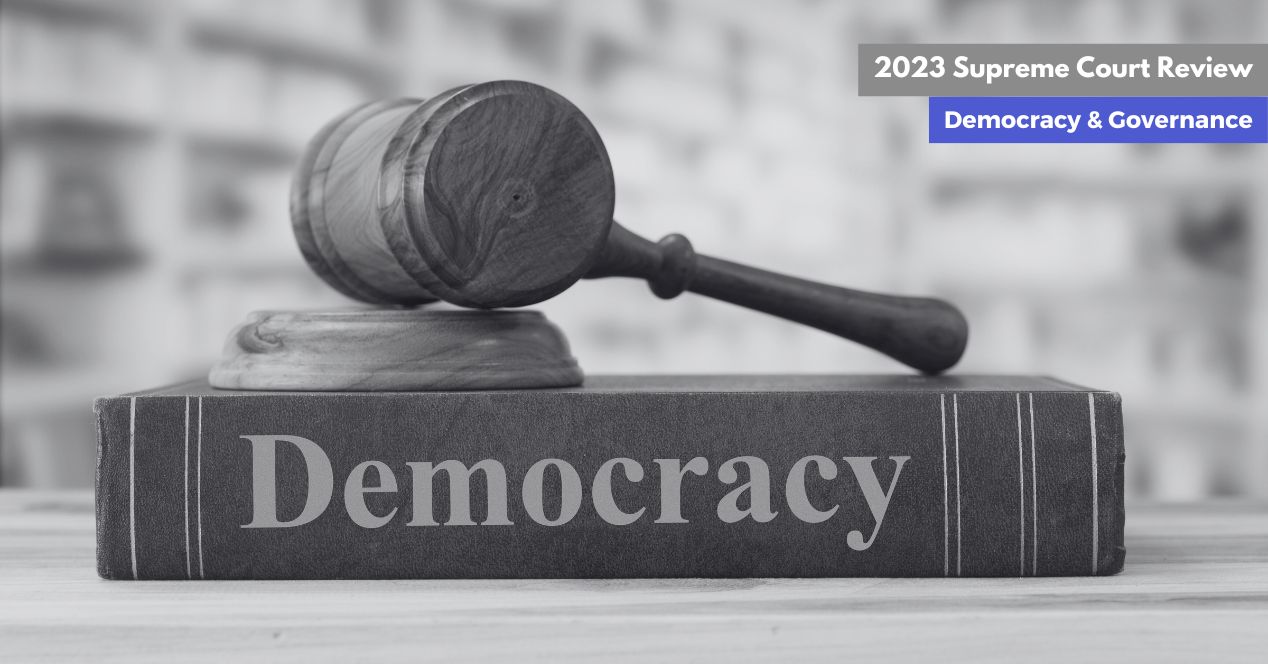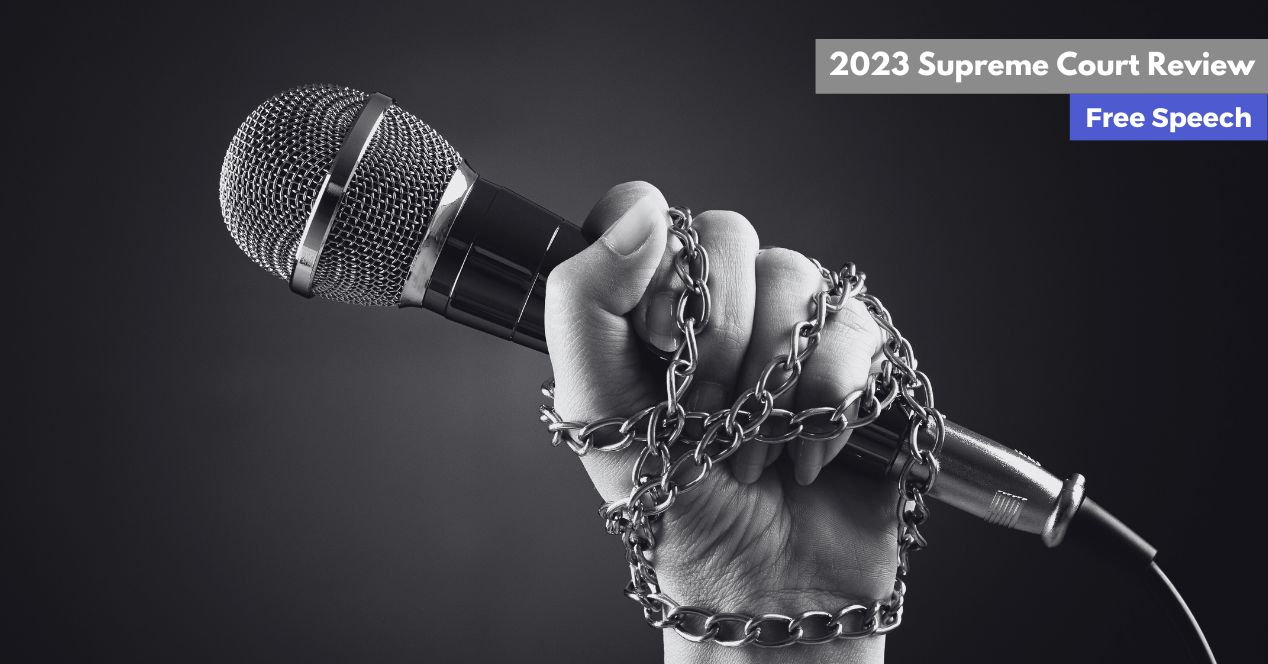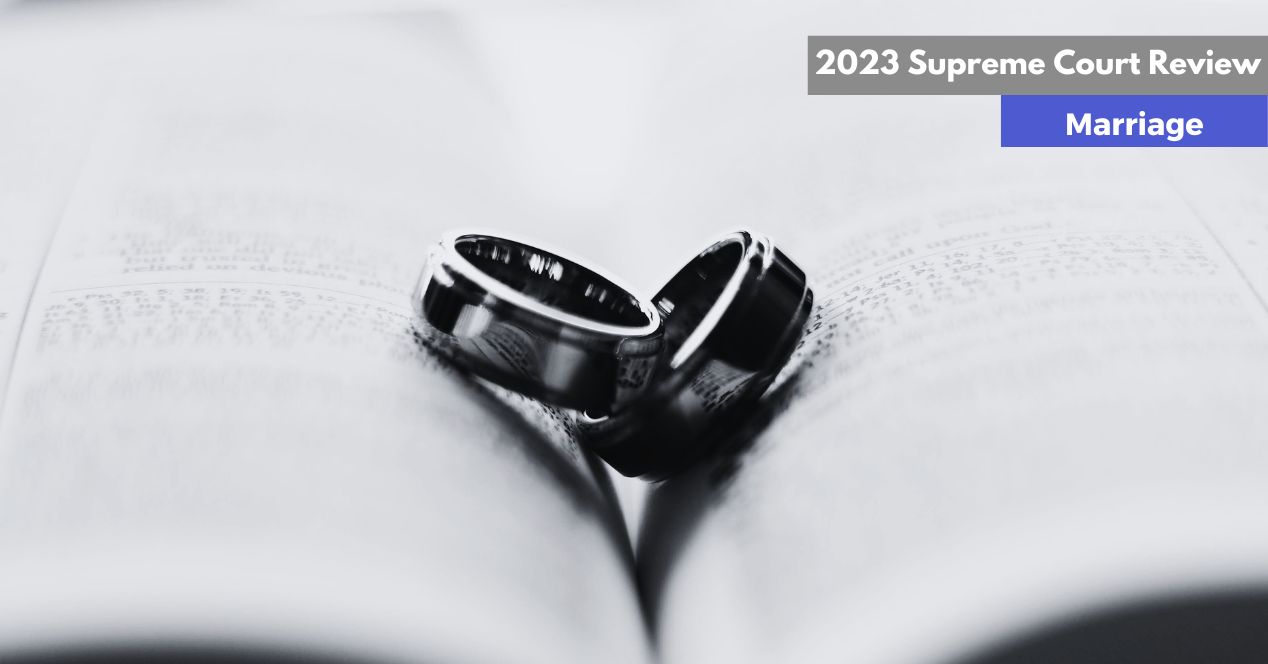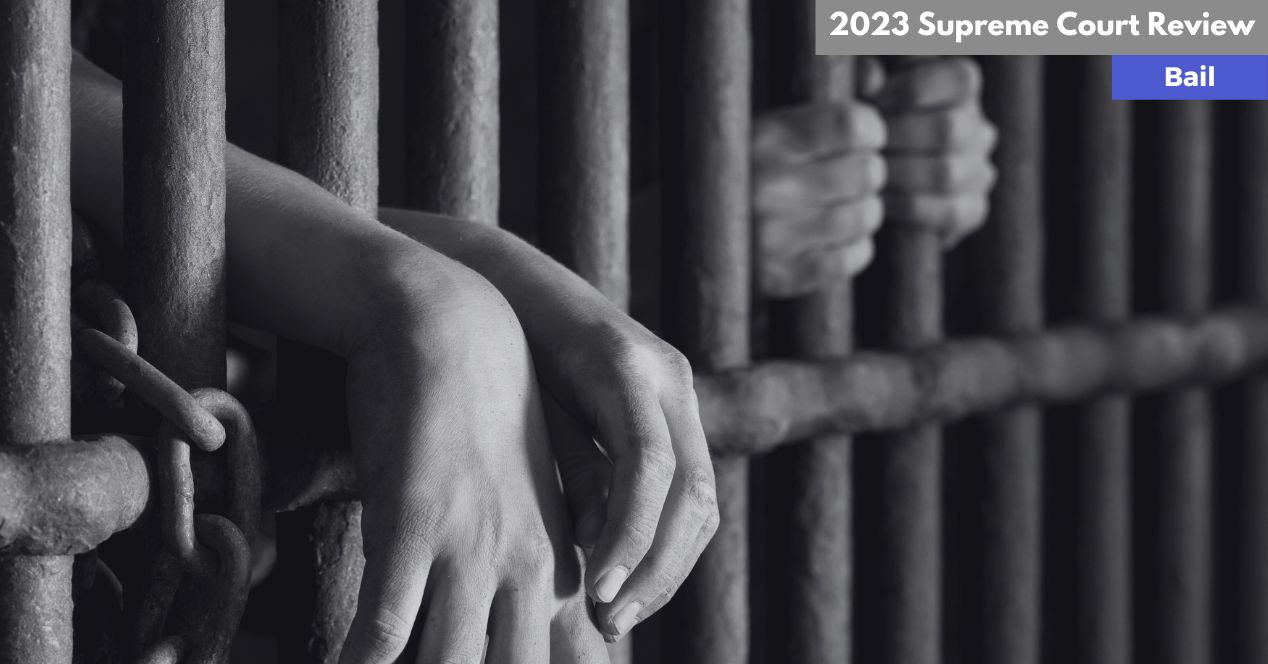Analysis
Supreme Court Review 2023: Religion and Culture
The Court’s performance this year was more defined by what it didn’t do than what it did—no hearing for the Hijab Ban and Sabarimala cases
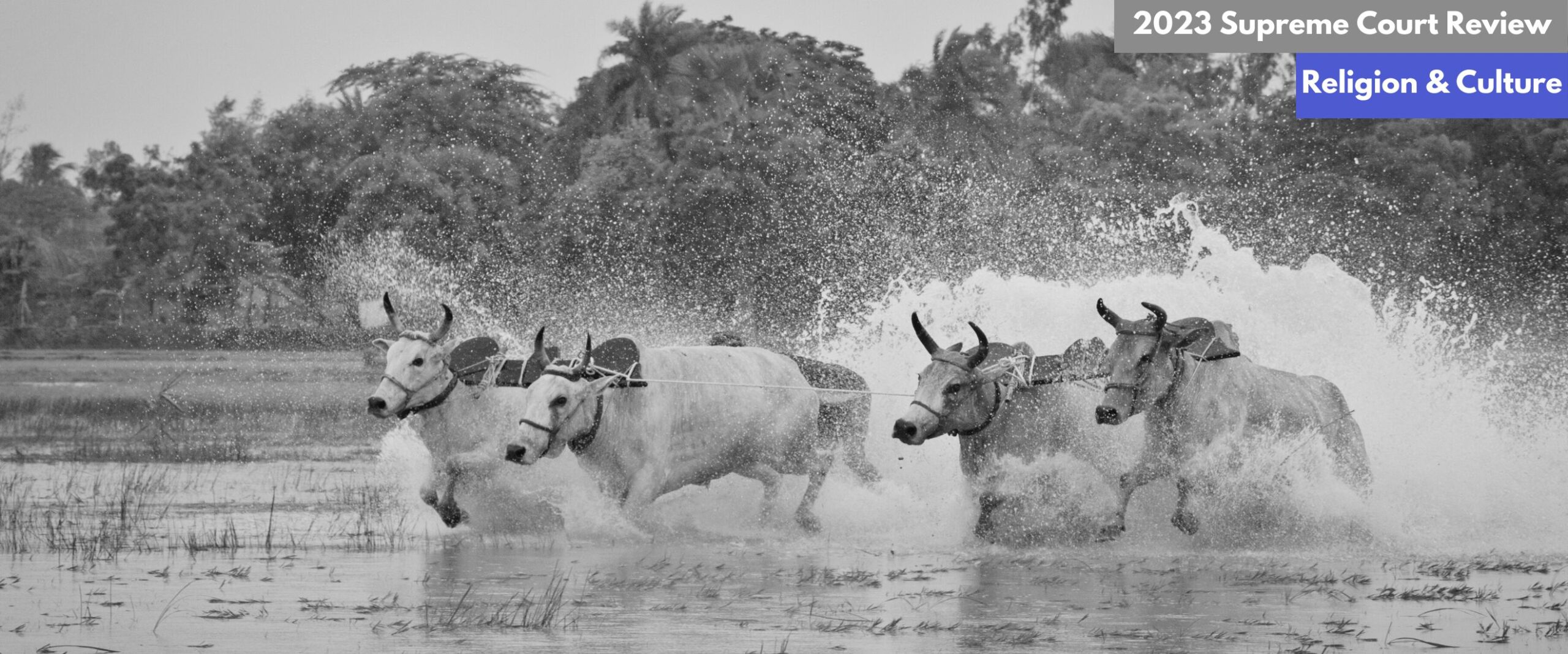
In 2022, the Supreme Court was centre stage for some of the biggest religious debates of the time. Challenges to the Hijab Ban had reached the top court, and a split verdict from a two-judge Bench had raised more questions on the balance between religious and cultural rights, and personal liberty and autonomy. The Court had also upheld and extended the protection to a portion of the Gyanvapi Mosque in Varanasi where a ‘Shivling’ was reportedly found.
In 2023, however, the Court was silent on critical matters about religious identity. The challenge to the hijab ban, which was supposed to be reassigned to a three-judge bench, was not listed. (In December 2023, the chief minister of Karnataka said the government was considering withdrawing the ban.)
This year, when the Supreme Court listed a bunch of cases for hearing by seven- and nine-judge benches, the Sabarimala Review challenge was conspicuously missing, with no tentative date in sight. The Dawoodi Bohra ex-communication case, which was the only Constitution Bench matter on religion, was tagged to the Sabarimala case.
In all these cases, the Court will have to consider the Essential Religious Practices test—a doctrine which confers protection to practices that are fundamental to the religion. The doctrine is contentious because it involves a judicial navigation of situations where deeply embedded practices clash with the fundamental rights of individuals.
In 2023, the Court also briefly touched upon cultural rights in the challenge to the ban of Jallikattu in Tamil Nadu. While discussing rights of animals and standards for cruelty, the Court deferred to the legislature to decide if bull-taming sports were a cultural right in the state.
Excommunication in the Dawoodi Bohra community and right to religion
In this case, pending from 1986, the Court is examining if its 1962 judgement Sardar Syedna Taher Saifuddin Saheb requires reconsideration. In Sardar Syedna, the Court had held that the Bombay Protection of Excommunication Act, 1949, which banned excommunication of a person from a religious community, infringed upon the Dawoodi Bohra community’s right to manage its religious affairs under Article 26(b). In 2016, with the passing of the Maharashtra Protection of People from Social Boycott (Prevention, Prohibition and Redressal) Act, 2016, the Excommunication Act was repealed.
The Central Board of Dawoodi Bohra Community, a “representative body of reformist Dawoodi Bohras” approached the Court challenging the Court’s decision in 1962 and asking for the Excommunication Act to be reinstated.
On 10 February 2023, the Supreme Court referred the case to the same nine-judge Bench that will hear the Sabarimala Review Petition. The Court was of the opinion that in Sardar Syedna, the judges had incorrectly interpreted the rights of religious communities to manage their own affairs as superseding other fundamental rights.
The case joins many others tagged with the Sabarimala Review petition where the Court is tasked with setting the delicate balance between personal and religious rights. This includes the petitions seeking rights of Muslim women to enter mosques, the plea to ban female genital mutilation in the Dawoodi Bohra community, and the challenge to the excommunication of Parsi women who have married outside the community.
Jallikattu and the right to culture in bovine sports
On 18 May 2023, a five-judge Constitution Bench upheld Jallikattu, Kambala and Bailgada Sharyat—bull fighting and racing sports in Tamil Nadu, Karnataka and Maharashtra. The Court was examining the validity of these states’ amendments to the Prevention Of Cruelty To Animals Act, 1960. The amendments had the effect of legalising bovine sports, after the top court had banned it in 2014.
The Bench found that the 2014 judgement in A. Nagaraja banned Jallikattu on the grounds of animal cruelty. The amendments and the subsequent changes in the Rules minimised ‘pain and suffering’ of the animals, the Court said. The Bench did this by inserting an unclear standard of acceptable and inevitable cruelty into their interpretation.
The judgement came as a disappointment to animal rights activists, specifically because the Court refused to recognise that animals have fundamental rights. The Court was apprehensive that assigning the right to life to animals would be “judicial adventurism”. Critics contended that the Court had inserted an unclear standard of acceptable and inevitable cruelty into their interpretation of ‘pain and suffering’ of animals.
The Court also steered clear of saying the last word on whether Jallikattu should be protected as a cultural right, insisting that the legislature was best placed to take that call.

